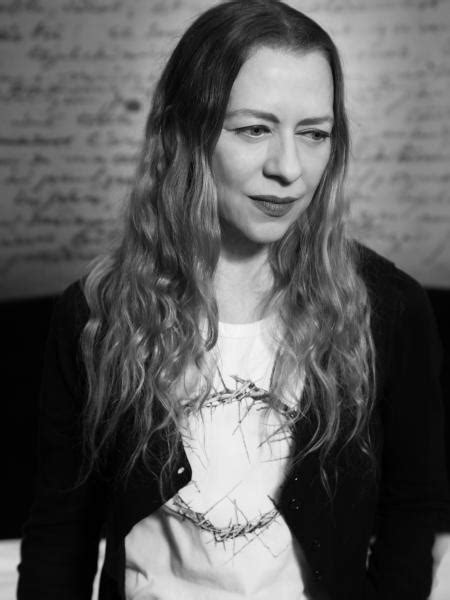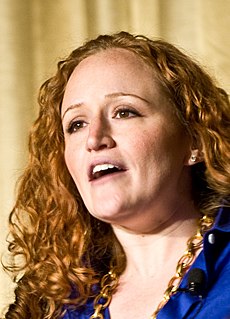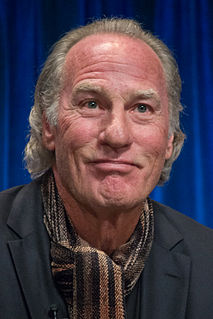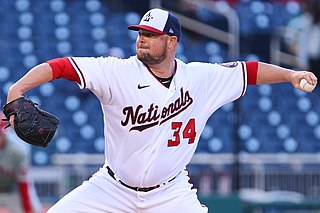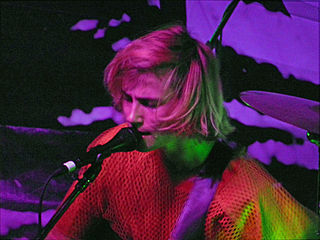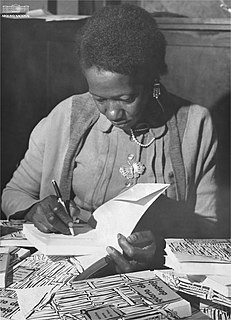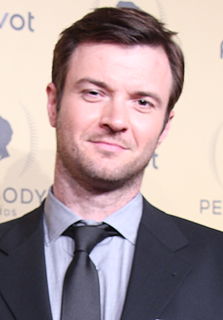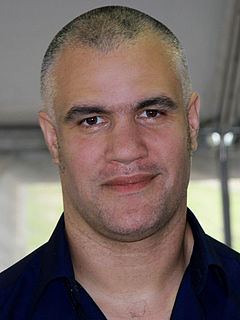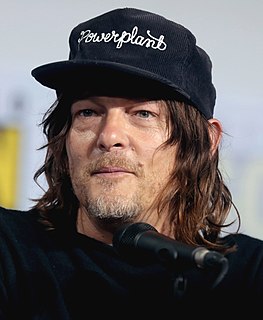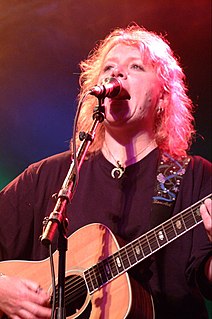A Quote by Ann Demeulemeester
What I like to wear, I do myself. I don't know how that sounds, but it's the truth. My life is so mixed with my profession that I don't know where I begin or my work ends.
Related Quotes
My therapist told me I need to learn to love myself. It sounds easy enough, but really, how do you just wake up one day and learn that? It feels like something you should just do involuntarily, like swallowing or blinking, but now I have to work on it. It feels so forced. I mean, I know I went to a good school, and people tell me I'm smart and creative, but I don't KNOW that. I don't know how to make myself feel that.
I worry about making work more important than what I know to be the truth. Throughout all areas of life, we're told how to look, how to act, what to speak, what to wear, what we should have and other people don't have, and we know none of that means anything. Yet these other messages never stop coming.
I train like I'm training for the Olympics or for a Mr. America contest, the way I've always trained my whole life. You see, life is a battlefield. Life is survival of the fittest... How many healthy people do you know? How many happy people do you know? Think about it. People work at dying, they don't work at living. My workout is my obligation to life. It's my tranquilizer. It's part of the way I tell the truth--and telling the truth is what's kept me going all these years.
This is an important distinction, because most of the modern philosophies that deny that we can know reality, and ultimately truth, make the mistake of constructing epistemological systems to explain how we know reality without first acknowledging the fact that we do know reality. After they begin within the mind and find they can't construct a bridge to reality, they then declare that we can't know reality. It is like drawing a faulty road map before looking at the roads, then declaring that we can't know how to get from Chicago to New York!
Every sentence has a truth waiting at the end of it and the writer learns how to know it when he finally gets there. On one level this truth is the swing of the sentence, the beat and poise, but down deeper it's the integrity of the writer as he matches with the language. I've always seen myself in sentences. I begin to recognize myself, word by word, as I work through a sentence. The language of my books has shaped me as a man. There's a moral force in a sentence when it comes out right. It speaks the writer's will to live.
The truth that people are missing about certain things, you know when they get fearful and they get hateful, and they repress other peoples, is the greatest truth of all, you know, the truth of love and understanding and clarity about all those issues. And it's like, one day, one day, everybody's gonna know, myself included, over certain things. But, so it's like, it's alright, you know, you hate me now, but that's cool, because I see a better day and I know that there's a higher truth, and you're wrong about hating me because I'm gay.
